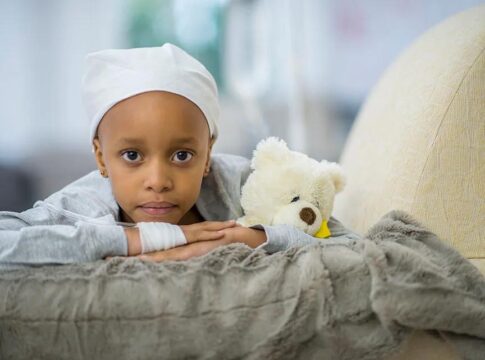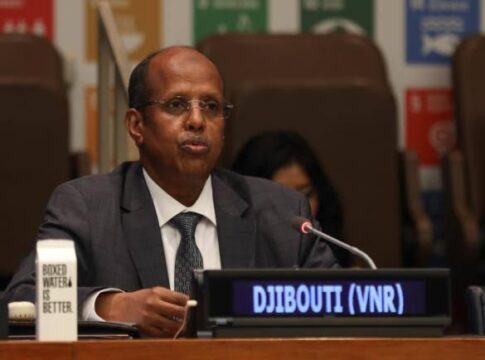Nigeria records approximately 127,000 cancer cases annually, with children accounting for 7.2% of the total, according to the Federal Ministry of Health and Social Welfare. The figures, revealed by **Dr. Uchechukwu Nwokwu**, National Coordinator of the National Cancer Control Programme, highlight a growing health crisis affecting thousands of children.
Speaking at an event in Abuja marking the 2025 International Childhood Cancer Day (ICCD), Nwokwu emphasized the urgent need for early detection and better access to treatment. “With timely diagnosis and proper medical intervention, childhood cancer survival rates can reach 80%,” he said. However, many Nigerian children face barriers such as late diagnosis, high treatment costs, and limited healthcare access.
Survival Rates and Challenges
The most common childhood cancers in Nigeria are leukemias, which, while also prevalent in adults, rank as the fourth most common adult cancer. Despite a higher chance of survival in children due to their stronger physiological resilience, many still die from delayed treatment and financial constraints.
READ MORE: Governance Suffers as Governors Reside in Abuja, NLC President Laments
“Many families cannot afford even the basic diagnostic tests,” said **Idara Ekanem**, Founder and Executive Director of the Akanimo Cancer Foundation. “We fund chemotherapy, surgeries, and radiotherapy to give these children a fighting chance.” Her foundation currently **supports 10 children in five hospitals**, but she warns that many more need assistance.
Cost of Treatment and the Need for Government Support
Cancer treatment remains prohibitively expensive in Nigeria, where **out-of-pocket healthcare payments account for over 70% of total health expenditure**. A single chemotherapy session can cost between **₦200,000 and ₦1.5 million ($250–$1,900)**, depending on the type and stage of cancer. Many children from low-income backgrounds struggle to access care, leading to preventable deaths.
Dr. Nwokwu announced that efforts were underway to **include childhood cancer treatment in Nigeria’s Cancer Health Fund** for 2025. “Historically, childhood cancers have been overlooked, but this is changing. Soon, affected children will have better access to financial support for their care,” he said.
Advocacy and the Push for Early Diagnosis
Experts warn that **low awareness among parents and medical practitioners contributes to late diagnoses**, worsening survival odds. “Many children are initially misdiagnosed with common illnesses like malaria, delaying life-saving treatment,” said **Dr. Idorenyin Usoh**, Abuja Coordinator of the Akanimo Cancer Foundation.
Usoh stressed the need for **public education, improved pediatric oncology training, and stronger government intervention**. “Childhood cancer is a silent crisis. We need more awareness and government support to change the narrative,” she said.
Meanwhile, residents of **Abuja’s Federal Capital Territory** praised the foundation’s efforts, calling for **stronger partnerships between NGOs, the government, and international donors** to tackle childhood cancer effectively.




